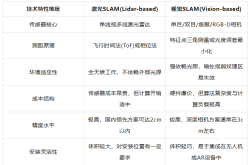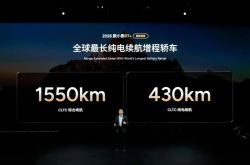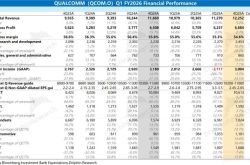Apple & Google: A "Dynamic Duo"! Siri to Integrate Gemini—Is Apple Stepping into the AI Browser Ring?
![]() 09/05 2025
09/05 2025
![]() 729
729
It's always possible to make a fresh start.
On September 3, Mark Gurman reported that Apple is internally developing a system codenamed "World Knowledge Q&A." This system will be seamlessly integrated into the Siri voice assistant. Apple also intends to apply this cutting-edge technology to the Safari browser and iPhone search capabilities.
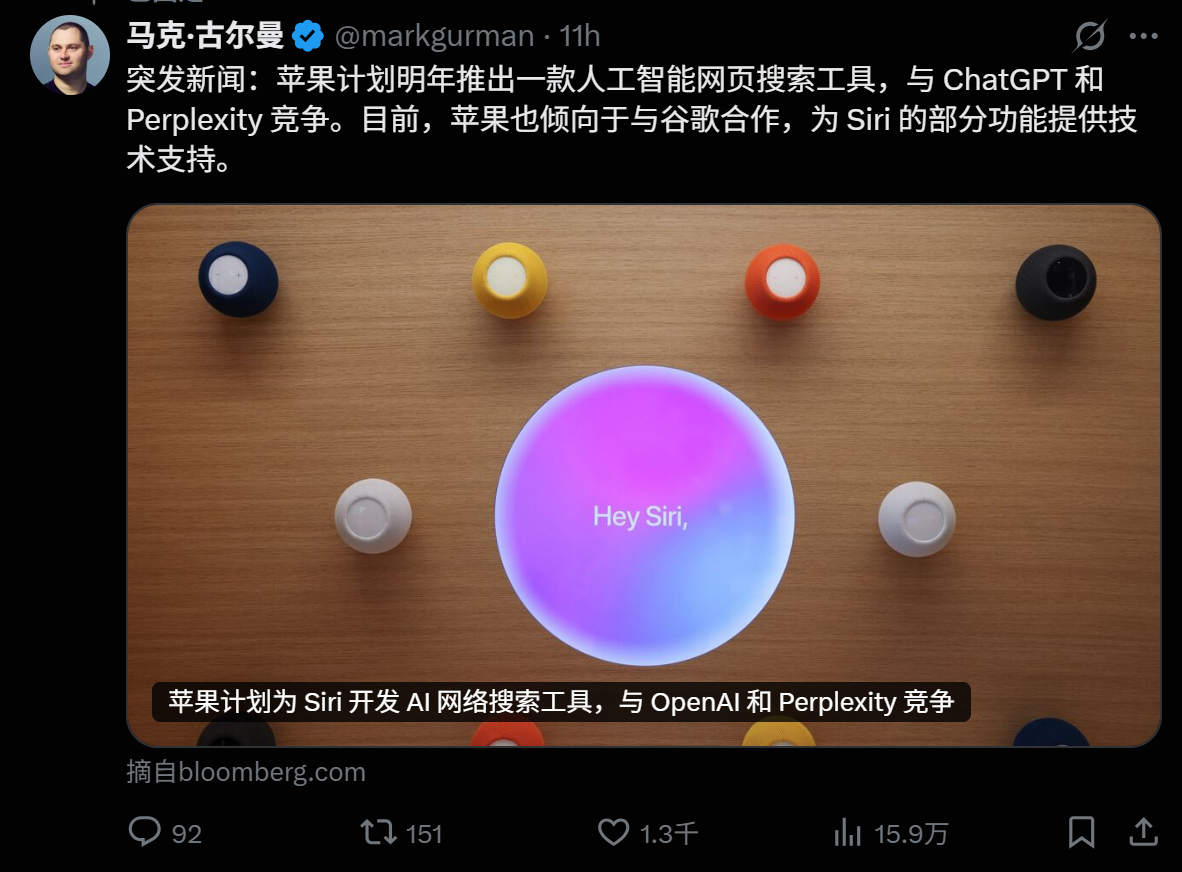
Image Source: X
Earlier, Leitech had predicted in an article about Meta's interest in acquiring Chrome that AI browsers would emerge as a new industry trend. Now, Apple is joining the AI browser fray, but its primary goal might still be to retain users and prevent them from switching to competitors.
In fact, Apple had previously shown interest in collaborating with OpenAI and Anthropic. There were even rumors last month about a potential acquisition of Perplexity, underscoring Apple's urgent need to integrate external AI models to solidify its industry position.
Apple's Collaboration with Google: Bridging AI Gaps
Previous attempts at collaboration between Apple and other companies fell through due to technical incompatibilities or disagreements over commercial costs. This time, Apple has officially signed an agreement with Google to evaluate and test Google's AI model, aiming to upgrade the Siri intelligent voice assistant. So, why did Apple choose to collaborate with Google right after Google's antitrust lawsuit concluded?
In reality, Apple and Google have long enjoyed a "mutually beneficial" relationship. Google pays Apple a staggering $20 billion annually to keep Google Search as the default search engine on iPhones. However, during Google's recent antitrust trial, Apple's services division revealed that the usage of Google Search on Apple devices is gradually declining—a situation that had never occurred before. The core reason for this decline is the impact of AI browsers on traditional search engines.

Image Source: Google
Despite being an international tech giant, Apple finds itself at a disadvantage in the AI ecosystem. Apple's foundational model team and AI model team have been grappling with long-standing talent retention issues. Researchers, department heads, and project directors have been leaving in significant numbers, with most of them joining Meta or OpenAI. Therefore, from both a technical and talent perspective, Apple is currently at a clear disadvantage.
This explains why the rumored acquisition of Perplexity by Apple was not just about acquiring technology but also about filling talent gaps. Apple is currently facing a severe talent crisis. Additionally, as traditional search engines are gradually being replaced by AI browsers, the risk of user data outflow from Apple's ecosystem has increased. This has prompted Apple to urgently seek collaborations with other companies to comprehensively upgrade Siri and Safari within the iOS system. Although Apple is entering the field relatively late, its massive user base ensures that any product launch will have a significant impact.
The specific reasons for choosing Google include Google's reasonable collaboration quotation (pricing) and the maturity of Google's Gemini model. The Gemini 2.5 version, released in March 2025, topped the Arena leaderboard with its multimodal large language framework upgrade. It showed significant improvements in long-text processing, reasoning, and multilingual support, making it highly attractive to developers.
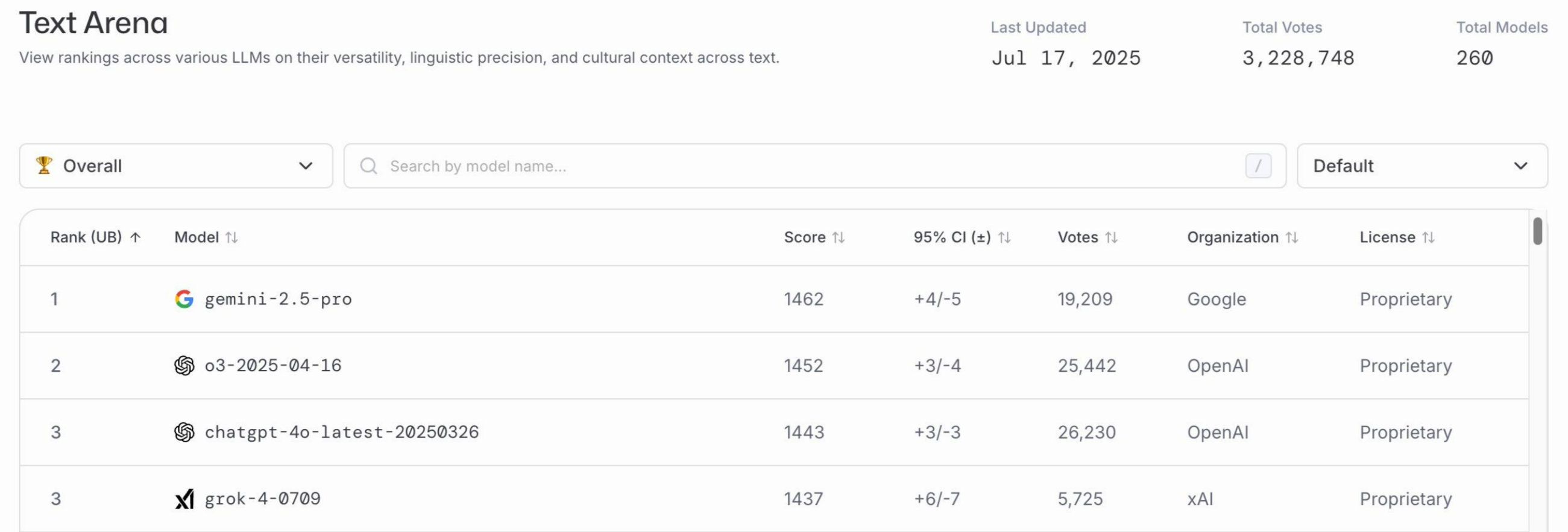
Image Source: Arena
Specifically, Gemini 2.5's multimodal understanding and generation capabilities support cross-modal reasoning. For instance, it can simultaneously analyze video footage, subtitles, and audio content to comprehensively understand the core information of a video. It also supports cross-modal input and output, covering various formats like tables, images, videos, and audio. For example, after inputting a video file, the AI can analyze and understand the content and output the results in a table format.
This multimodal model significantly enhances usability for both developers and Apple's planned intelligent assistant for Siri. Additionally, Gemini 2.5's upgraded reasoning capabilities enable extremely fast processing of code and mathematical operations, as well as identifying errors in deep-level code. However, when processing large amounts of code, the model may generate excessive copied content, so processing in smaller segments is more reliable.
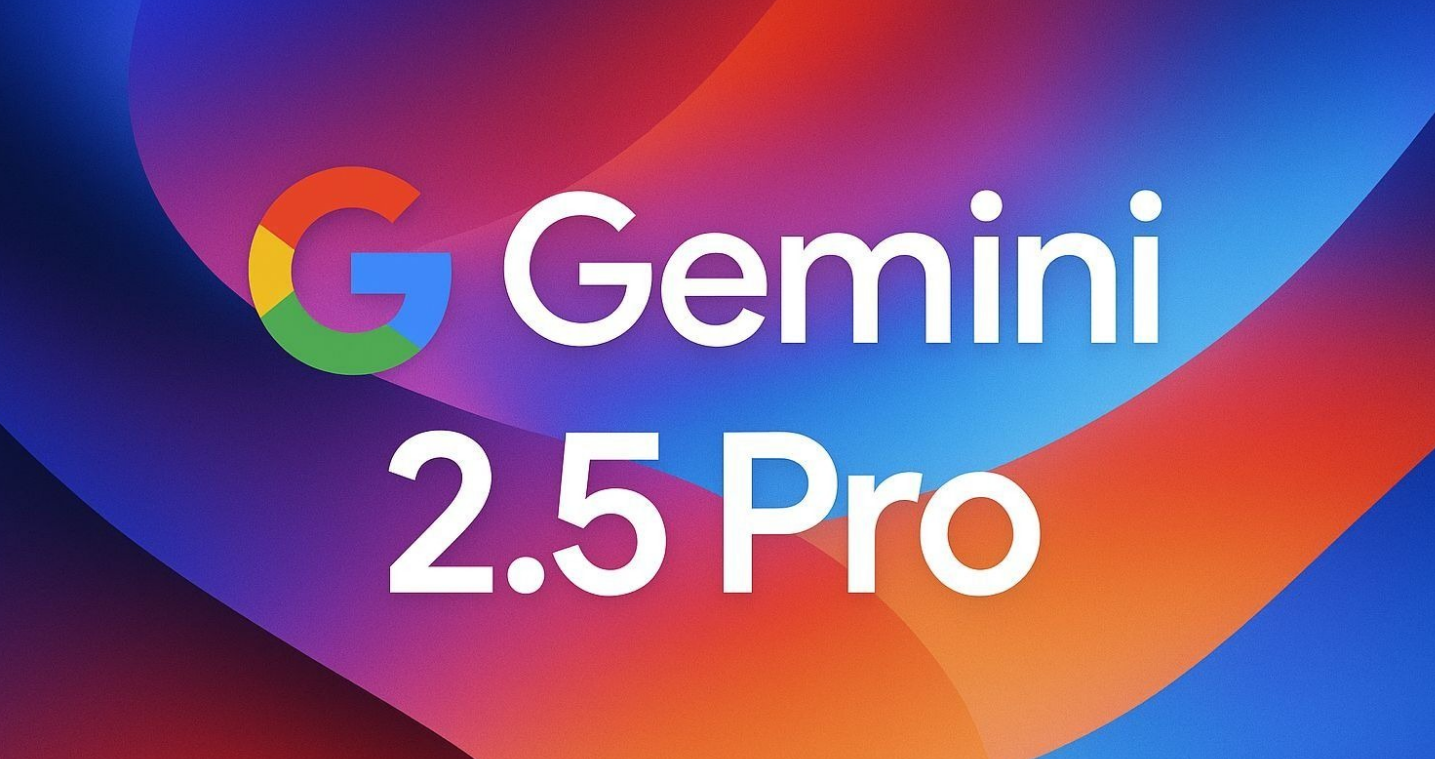
Image Source: Gemini
More importantly, Google has already delivered tangible results in the early stages of collaboration with Apple by deploying a customized version of the Gemini model to Apple's private cloud servers. Therefore, from the perspectives of cost control, technical strength, and implementation efficiency, Google is an ideal partner to help Apple "turn the tide" in the AI field.
Apple's "Heart" + Google's "Brain": The Ultimate Evolution of Siri?
It's easy to imagine the immense convenience a fully integrated Siri with Gemini capabilities will bring to iPhone users. First, the new Siri will have memory functionality, retaining users' previous inquiry information. For example, when a user first asks about a flight destination and then inquires about hotels, Siri can automatically associate the needs and intelligently push relevant information, significantly reducing users' operation and browsing time.
At the same time, Gemini's multimodal reasoning model may fully support AI features similar to those on domestic Android systems, such as one-click screen recognition and information parsing, as well as identifying objects through photography (image recognition leading directly to shopping links). Although these features may not officially launch until March 2026, given Apple's brand influence and user base, its integrated mobile AI model will still dominate user choices.
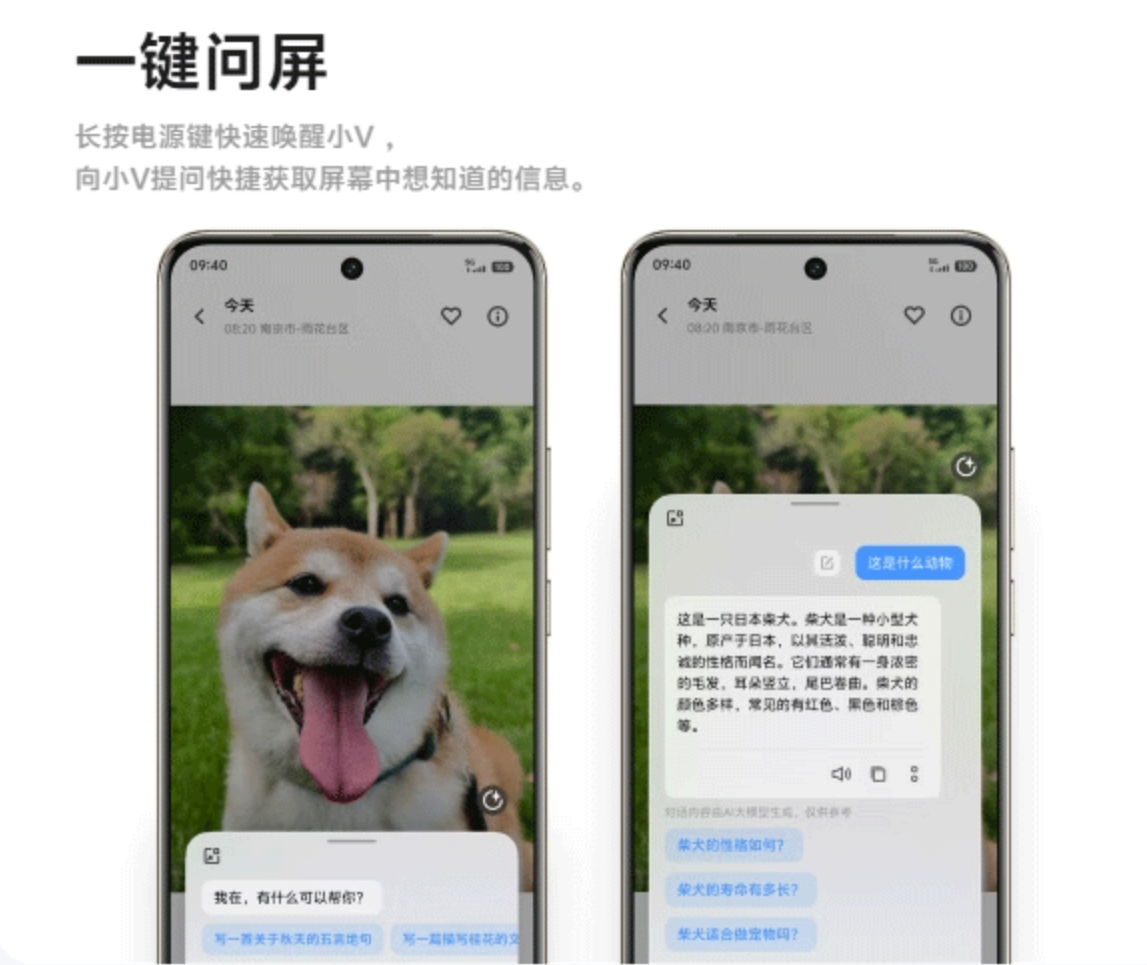
Image Source: vivo Official Website
So, what's the difference between the Gemini model deployed on Apple's private cloud servers and the current direct Google Search integration on iPhones?
The system is primarily built on three core modules: the Planner, the Network and Device Search System, and the Summarizer. The Planner processes local information (such as user voice and text input, image and video input) and uploads it to the Network and Device Search System, which analyzes the information and outputs results. Finally, the Summarizer integrates all results into a final answer.
However, how does this "edge-to-cloud" operational model ensure user privacy?
In this regard, Apple has actually retained some reservations with Google. The core processes from the Planner to the Search System are completed by Apple's proprietary models, with Gemini only responsible for information integration and solution generation in the Summarizer. This design maximizes the retention of user information locally on iPhones, showing that Apple still maintains a high standard of privacy protection.
"Free" Strategy: Apple's Latecomer Advantage
Some users may argue that Apple's entry into the AI browser arena is too late. With AI browser functionalities gradually improving and becoming widespread, the industry may not give Apple much time to catch up. However, I believe it's never too late to make a fresh start.
As mentioned earlier, Apple has a massive user base unmatched by other AI browsers, and most competitors lack dedicated hardware entry points. If a smart device is equipped with a native, dedicated AI browser, the advantages of third-party software will be significantly diminished. This is because the device locally stores a large amount of users' personal information, and the native AI model has full permissions over software and device functionalities, enabling more seamless feature integration.
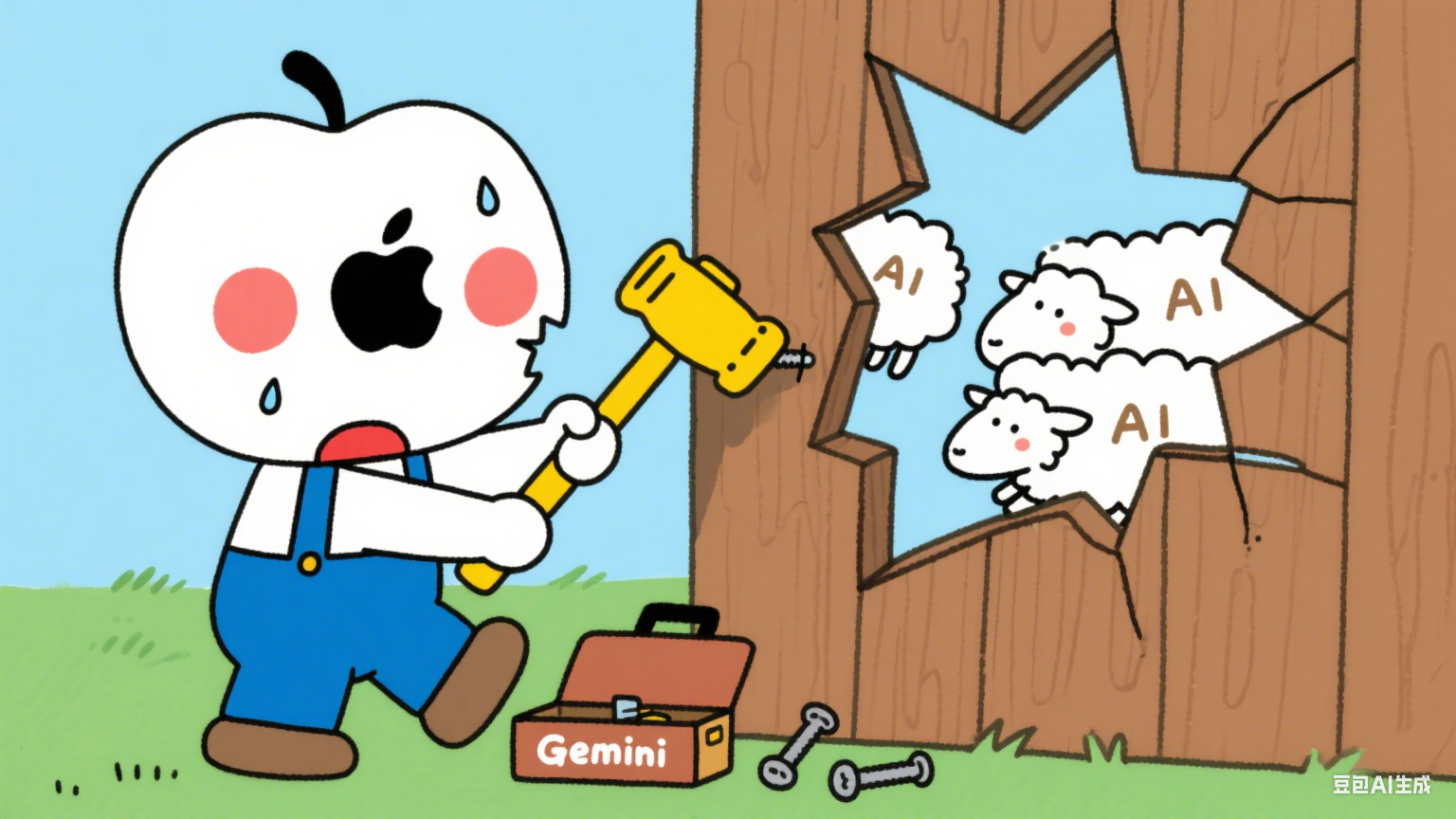
Image Source: Doubao AI
Therefore, Apple's current core task is to optimize functional experiences and attract more third-party subscription service users with its key strategy of "free" offerings.
Gemini's technical strength has already been mentioned earlier and will not be repeated here. Technology determines functionality, and functionality affects experience. Previously, Gemini Live already supported download and use on iPhones and iPads, allowing users to enable the AI camera with one click to recognize and analyze objects in the camera view. Therefore, after Apple and Google deeply integrate their models, similar convenient experiences will become even more abundant.
It's worth noting that Google will not abandon Chrome's existing profit model. Currently, Chrome's revenue from embedded ads remains a significant part of Google's earnings. Therefore, Google will not fully upgrade traditional search engines to AI browsers, which are not yet widely adopted, and will instead maintain the current model.
This is precisely why Google is willing to support Apple's development of AI browsers. Regardless, the traditional search entry point on iPhones will still be occupied by Google Search, and Apple has no reason to reject $20 billion in annual revenue. This means Apple has one less major competitor in the AI browser race, and this competitor has even become an ally.
From this perspective, before the "supercharged Siri" officially launches, how other AI browsers can solidify their positions has become a more pressing issue. Compared to Apple's potential future free offerings, most competitors' current paid subscription models no longer hold an advantage. Perhaps the only way out for these competitors is to deeply bind user information. For example, Perplexity could bind services like flight and hotel bookings and navigation, cultivating user habits by locking in user information and thereby increasing platform stickiness.
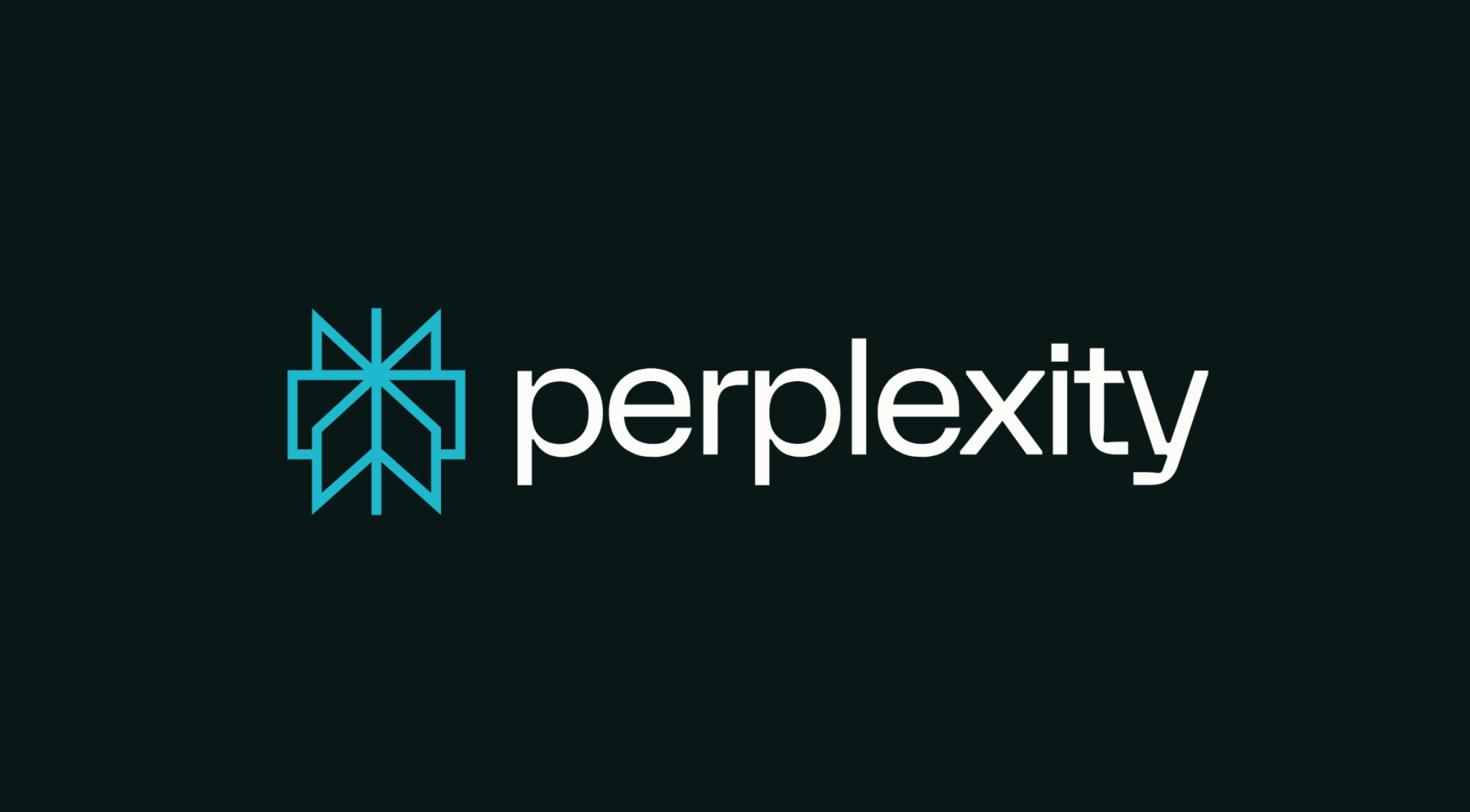
Image Source: Perplexity
However, is this news truly meaningless for mainland Chinese users? I believe not. As mentioned earlier, Apple's upgraded "edge-to-cloud" intelligent system retains a significant amount of proprietary models, with Gemini only responsible for the intelligent integration phase.
Therefore, mainland Chinese users may still have the opportunity to enjoy Apple's AI upgrades, albeit with a longer waiting period. The key lies in whether Apple's collaboration with Alibaba can proceed smoothly and whether Alibaba's intelligent large model can fully replace Gemini's functionalities domestically.
Source: Leitech
Images in this article are from the 123RF Licensed Image Library. Source: Leitech




